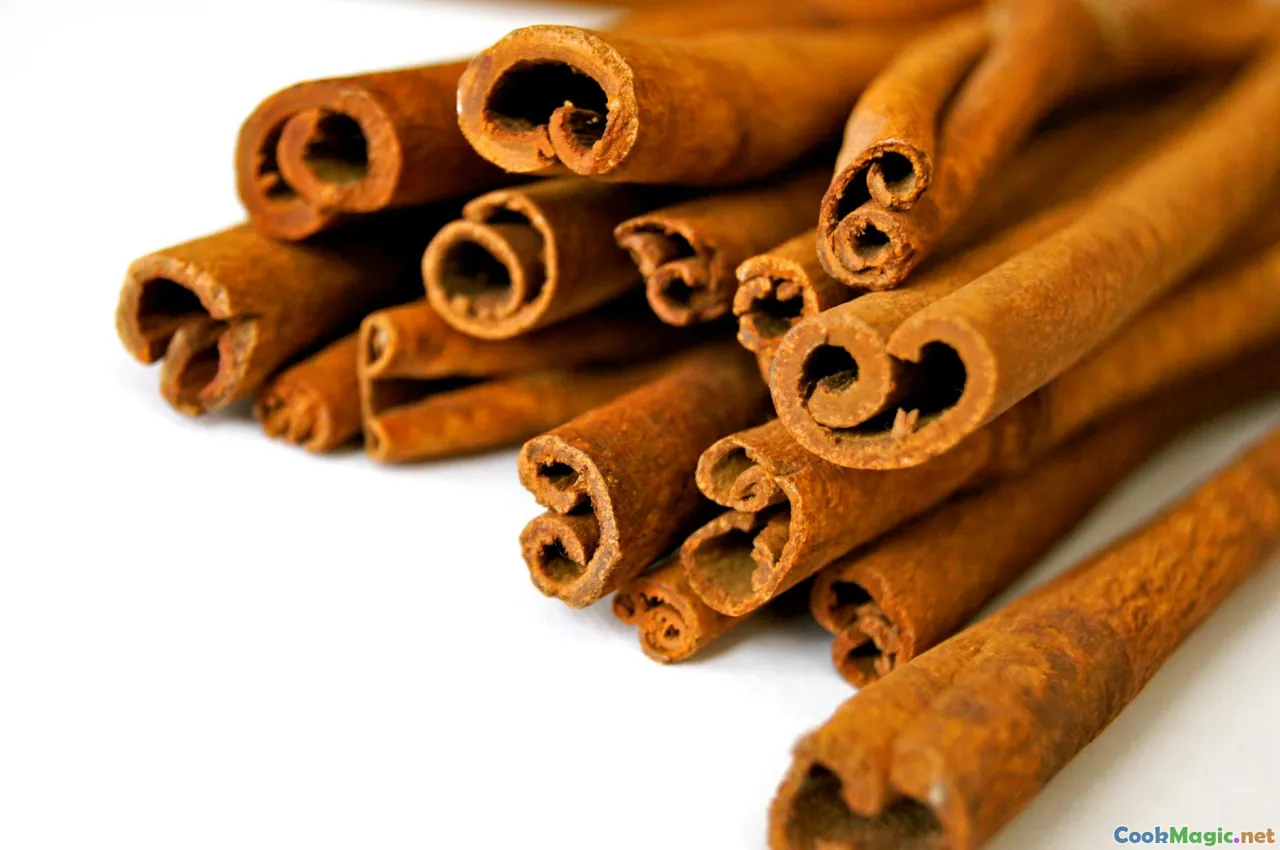Herbs and Spices for Health Benefits
5 min read Discover the remarkable health benefits of herbs and spices, and how they can enhance your culinary creations while boosting your well-being. April 15, 2025 17:45
Herbs and Spices for Health Benefits
Herbs and spices have been an integral part of culinary traditions around the globe for centuries, not only for their ability to enhance flavors but also for their remarkable health benefits. This article delves into the world of herbs and spices, highlighting their medicinal properties, nutritional value, and how you can incorporate them into your daily cooking.
The Power of Herbs
1. Basil
Basil is not just a staple in Italian cuisine; it’s packed with antioxidants and has anti-inflammatory properties. Rich in vitamins A, K, and C, basil can help in reducing stress and enhancing digestion. Add it fresh to salads, sauces, or as a topping on pizzas for a burst of flavor and health benefits.
2. Oregano
Often found in Mediterranean dishes, oregano is rich in fiber, vitamins, and minerals. It boasts antimicrobial properties and can help fight off infections. Consider using oregano in marinades, stews, or sprinkled over roasted vegetables to enjoy its health benefits.
3. Rosemary
This aromatic herb is not only delightful in flavor but also known for its cognitive benefits. Rosemary can improve concentration and memory. Use it in roasted meats, potatoes, or in herbal teas to harness its potential.
The Spice Spectrum
1. Turmeric
Widely recognized for its active compound curcumin, turmeric has powerful anti-inflammatory and antioxidant effects. It’s linked to improved brain function and may lower the risk of heart disease. Incorporate turmeric into your curries, smoothies, or even as a golden latte for health enhancement.
2. Cinnamon
Cinnamon is not only a delicious addition to sweet dishes but also a powerhouse of health benefits. It can regulate blood sugar levels and has anti-inflammatory properties. Use ground cinnamon in oatmeal, baked goods, or sprinkle it on fruits for a healthy twist.
3. Ginger
Ginger is well-known for its digestive benefits and can help alleviate nausea and inflammation. It’s a versatile spice that can be used in both sweet and savory dishes. Add fresh ginger to stir-fries, teas, or smoothies for a refreshing kick.
Surprising Facts About Herbs and Spices
- Longevity: Studies have shown that incorporating herbs and spices into your diet can promote longevity due to their antioxidant properties.
- Flavor Enhancers: By using herbs and spices, you can reduce the need for salt and sugar in your cooking, allowing for healthier recipes without sacrificing taste.
- Cultural Significance: Many cultures have unique ways of using herbs and spices, often linked to traditional health practices. For example, traditional Chinese medicine heavily relies on ginger and garlic for health benefits.
Practical Tips for Incorporating Herbs and Spices
- Fresh vs. Dried: Fresh herbs typically have a more vibrant flavor profile, while dried herbs are more concentrated. Use them wisely according to the recipe.
- Storage: Store dried herbs in a cool, dark place to maintain their potency. Fresh herbs can be kept in water in the fridge or wrapped in damp paper towels.
- Experiment: Don’t be afraid to mix and match! Experimenting with different herbs and spices can lead to unique flavor combinations and health benefits.
Conclusion
Incorporating herbs and spices into your diet not only enhances your culinary creations but also significantly contributes to your overall health. From boosting immunity to aiding digestion, the benefits are abundant. Start experimenting with these powerful ingredients in your kitchen today, and enjoy their delicious flavors while reaping their health rewards!









